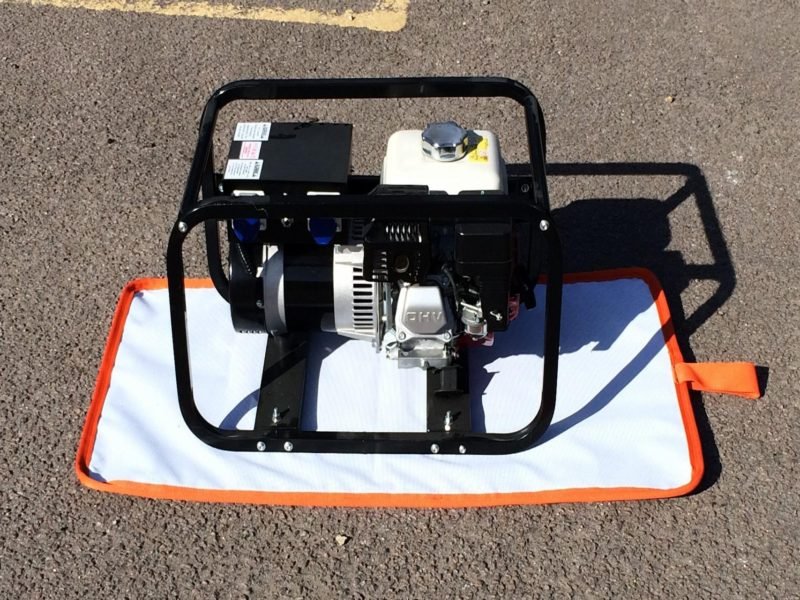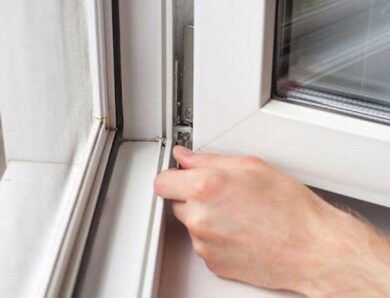
Top Tips For Dealing With Oil Spills At Work
When people hear the term ‘oil spills’ they tend to think of large-scale catastrophes in the ocean caused by tankers and refineries with devastating consequences. Some of the worst spills have involved thousands or even millions of gallons of oil, but it is not only these that threaten our health, the environment and wildlife.
Small but consistent oil spills are very common and occur every day on land, rivers, and oceans from things such as machinery, vehicles and equipment. This is especially common in industries such as – construction, industrial, manufacturing, aviation and aerospace, transport, food, automotive and motorsport.
It is important to take every precaution possible to not only prevent these spills from happening but to do everything you can to ensure that you have the right plans, procedures, and equipment in place to deal with them.
Here are our top tips for handling oil spills at work.
Preparation
Assess the site and consider how, where and what could potentially be spilt. This can be from sources such as equipment, fuel bowsers, machinery, generators, pumps, tower lights, construction vehicles, areas for refueling etc.
Use The Right Spill Equipment
It is important to implement effective spill control measures and that means using the right equipment. There are some great spill protection products out there which can be used near or under potential fuel sources to absorb any spills, leaks, or drips to protect the ground and surrounding area.
Specially designed industrial spill mats such as Enviropad® capture and permanently lock in fuels, oils, and hydrocarbons by solidifying them. This means that the fuel can’t leak out and there are no risks of overflowing or oily pools of rainwater.
React And Repair
If you spot a spill, the most important thing to do is to react properly. Don’t try to clean up straight away, the first point is to stop the source or put a container of some sort under it to prevent it from spreading further.
Whether it’s a small leak or a faulty, loose or broken part, get it fixed straight away. If that means tightening taps, repairing gaskets, or ordering replacement parts then make sure it is done as soon as possible and avoid using the machinery or equipment again until then.
Clean Up
In the event that a spill occurs, no matter how small, it is important to make sure that it is properly and thoroughly cleaned up in order to protect the ground and surrounding area. There are ‘spill kits’ available which contain things such as – suitable absorbent pads, socks, waste disposal bags, and ties.
Never use a hose or detergent to simply rinse or wash away spills as this is extremely ineffective and can simply move the pollution or make the incident worse.
Maintenance
Keeping up with regular maintenance and checks of equipment will help to spot potential issues before they become a problem. Keep a written log of all maintenance carried out with dates and details so that you can properly track everything and look back on when it was last completed.





No Comment